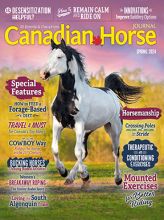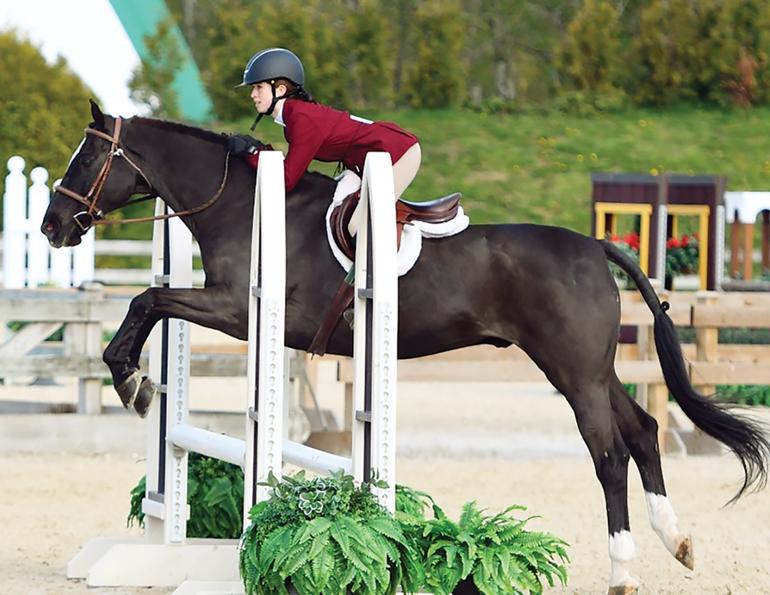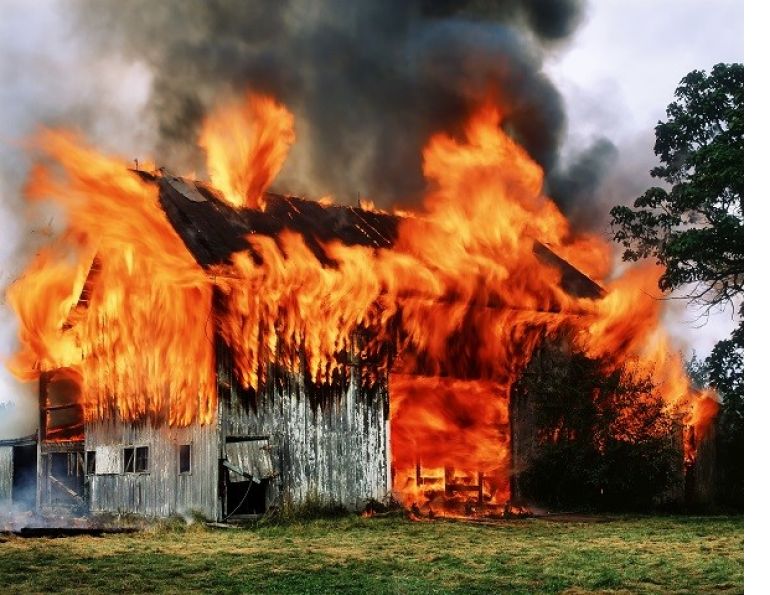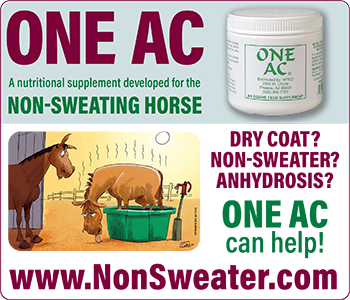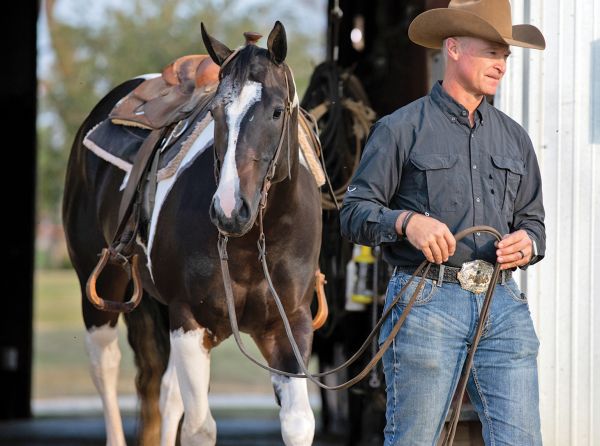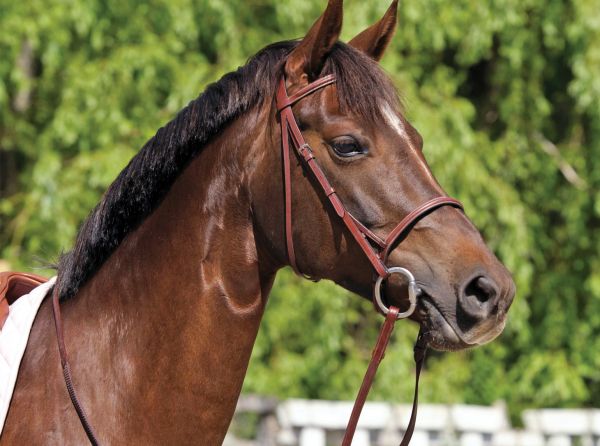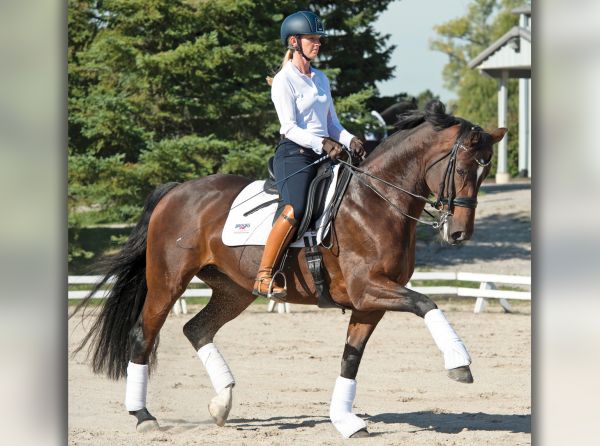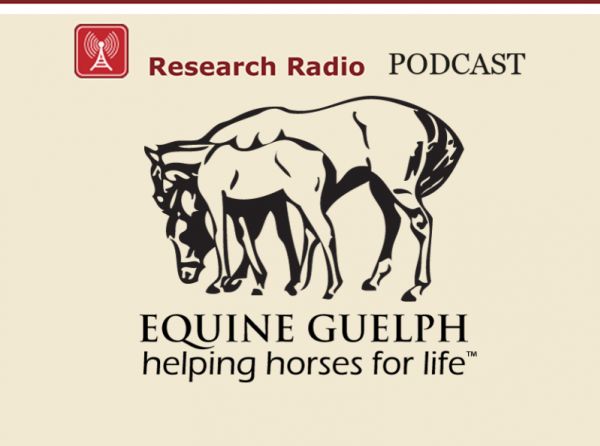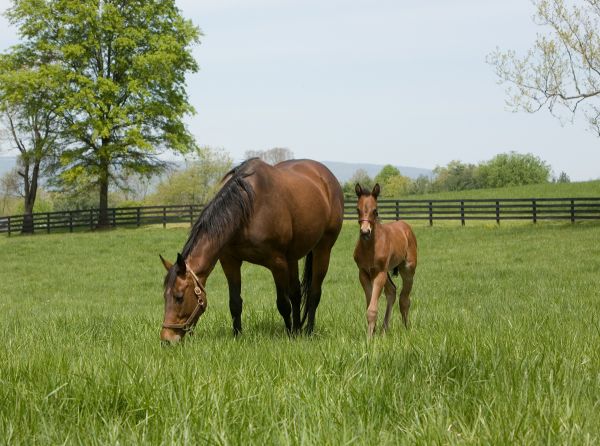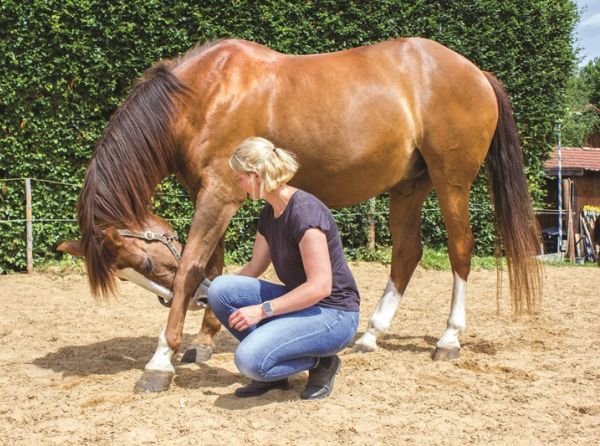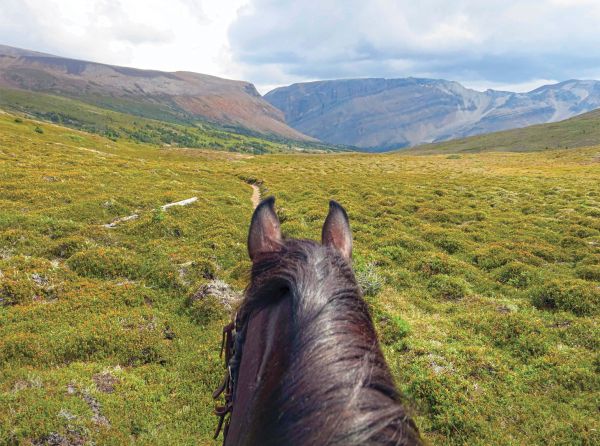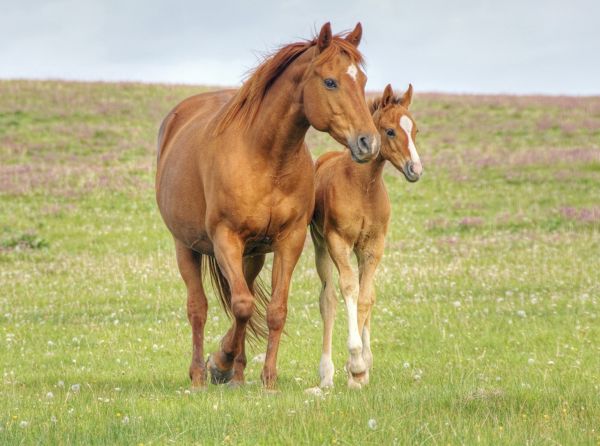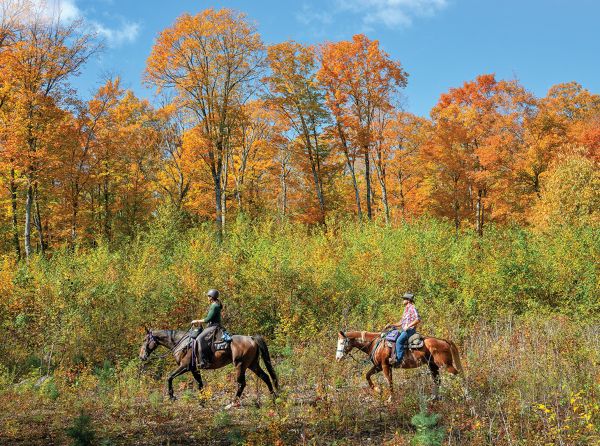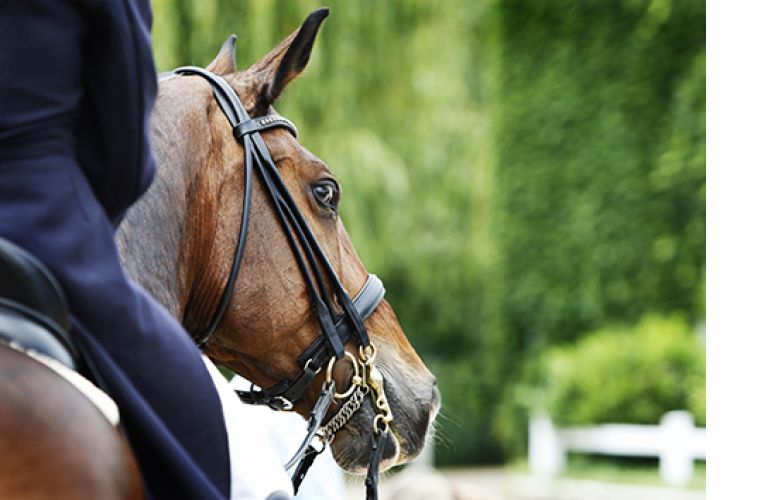By Tania Millen, BSc, MJ
An online poll conducted by Horse Community Journals Inc. about the prevalence of horse riding accidents sheds light on the startling frequency of injuries among equestrians.
The poll garnered responses from 930 equestrians of which a mere three percent of respondents advised they had “never parted ways with their horse” while 44 percent shared they had suffered serious or major injuries that required prolonged recovery or absence from riding. Results underscore the importance of adopting protective measures to mitigate the risk of injury.
Related: The Psychology of Concussion
The poll asked: Have you ever had a riding accident where you fell off your horse, or the horse fell on you? Equestrians responded as follows.
- No Injuries, but Close Calls: 22 percent (202 votes) of respondents reported having experienced a riding accident without sustaining injuries.
- Minor Injuries and Swift Recovery: 29 percent (272 votes) shared that they suffered minor injuries but were able to resume riding within a few days.
- Serious Injuries and Prolonged Recovery: A concerning 35 percent (321 votes) disclosed suffering serious injuries that hindered their ability to ride for several weeks or even months.
- Major Injuries and Prolonged Absence: 9 percent (86 votes) faced major injuries, enduring an extended hiatus from riding exceeding a year.
- Psychological Impact: 2 percent (20 votes) admitted to losing their nerve post-accident and never riding again, revealing the profound psychological toll that riding accidents can inflict.
- Unscathed Riders: 3 percent (29 votes) asserted they have never parted ways with their horse.

The findings underscore the inherent risks associated with enjoying horse sport and highlight the imperative for riders to prioritize safety measures. These could include:
- Enlisting the guidance of certified riding instructors to enhance skills and promote safe practices.
- Enjoying horses aligned with your skill level.
- Utilizing protective gear, such as helmets and vests, to minimize the impact of potential falls.
The equestrian community is urged to reflect on these findings and take proactive steps to ensure the safety of both riders and horses.
Related: How to Fall Off a Horse
Related: Head First - Horse Riding Accidents and Concussions
Main Photo: Shutterstock/Dariush M


